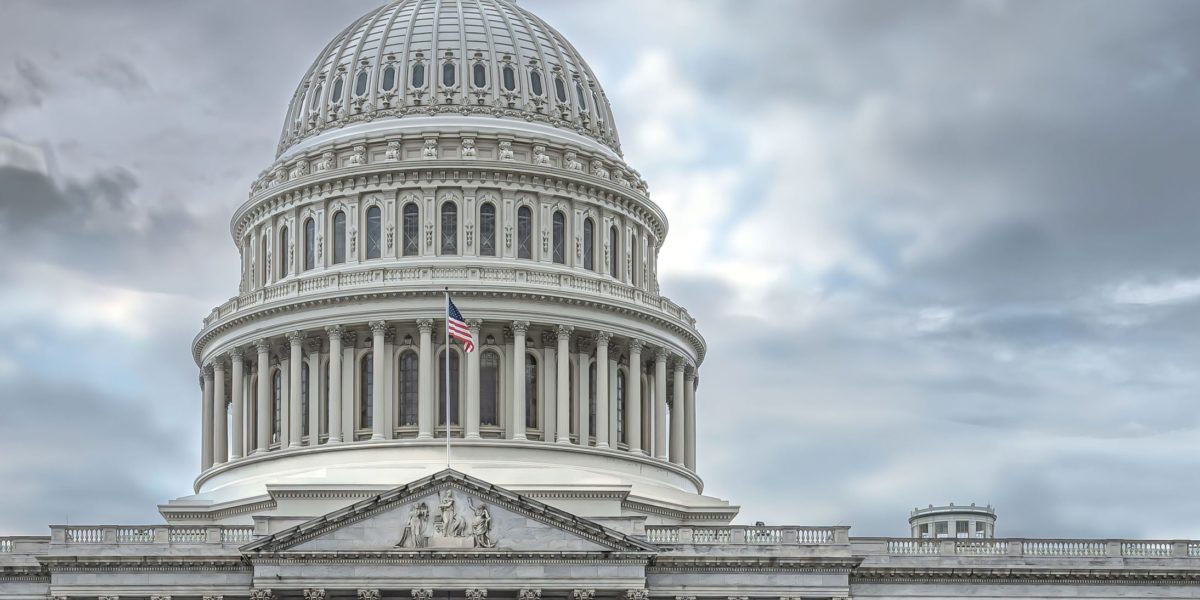I had this column fastidiously teed up by Tuesday afternoon. I’d explain the massive success of the Republicans in the U.S. midterms that night and the self-mutilation of the Democrats. (They lost contact with the economic realities of most voters and replaced them with abstractions, like “Democracy is literally on the ballot,” etc.) I’d end with a flourish on what they should’ve done.
It can be so mentally refreshing when what you expected doesn’t happen. Imagine, the world holds surprises. But it inconveniences your writing schedule. You can spend hours trying to jam what you have into this odd new suit, or give up and try to figure out what happened instead of what you brilliantly anticipated. Which, I’m afraid, leads more toward questions than answers:
- Turnout was more like a presidential election than the usually far lower midterms. Annoyingly, this also raises the question of why people turned out. And the master of turnout politics, Stacey Abrams in Georgia, lost her own bid for governor. Turnout, then, matters — except when it doesn’t.
- Democracy. Might Americans actually be attached to democracy, though their own is so flawed and undemocratic? They don’t even teach civics now. But maybe it’s about something buried and visceral, an atavistic yearning for an ideal still unachieved that they’re unwilling to ditch. Former president Donald Trump has never said a good word for democracy and that may have been his mistake. As for him,
- Did Trump push his luck and his shtick too far, and people were finally unwilling to take the bait? You reach your limit as a society and signals seem to pass back and forth, even when everyone is isolated in “silos.” It seemed to happen to Jair Bolsonaro, Brazil’s Trump, when that country pulled back just at the lip of the abyss. This sounds dreadfully like depth psychology or something, but what I like about it is there’s probably no good way to poll on it. You can’t count on it, but I don’t think you can discount it either. Alternately,
- The neo-fascist wave is cresting. You can’t tell at any one moment. It isn’t declining (Trump, Bolsonaro, Indian Prime Minister Narendra Modi) and even continues to rise, but it’s harder getting over the top now, even when the top is Joe Biden.
- Is this about the zeitgeist? As the late, splendid Eric Koch liked saying, “The zeitgeist, it’s always about the zeitgeist,” squinting as if trying to spy the future. Leaders with success tend to think they created or control it, but they’ve usually just hitched a ride on the wave before the next one.
OK, time to pull back. None of this is fully explanatory. For every example you can find a counter-example. Democrats lost votes among Latinos, Black people, suburbanites, workers and women; for such reasons, I’d still claim they lost the plot, which is about basic material needs and how those can’t be detached from “abstract” matters like democracy or the right to choose. “Strategists” said the economics came too late this campaign but the point is, it’s not just one piece, it’s what holds it all together — or it was when Democrats knew who they were.
When she lost to Trump in 2016, Hillary Clinton had the hideous habit of asking rallies, “If we broke up the big banks tomorrow … would that end racism?” and they’d yell, “No!” Well, it wouldn’t end it but it’s related, dammit.
Ontario’s school support workers’ union had an answer for Clinton in their colloquy with Premier Doug Ford this week. He says raises going to janitors and early childhood educators must come from teachers etc., who’ll lose out. Union leader Laura Walton replied that raises (and better conditions) for her members also go straight to the kids’ and teachers’ well-being because it’s the only way to recruit and retain good staff. The cost of wages is the cost of good schools. It’s all connected.



